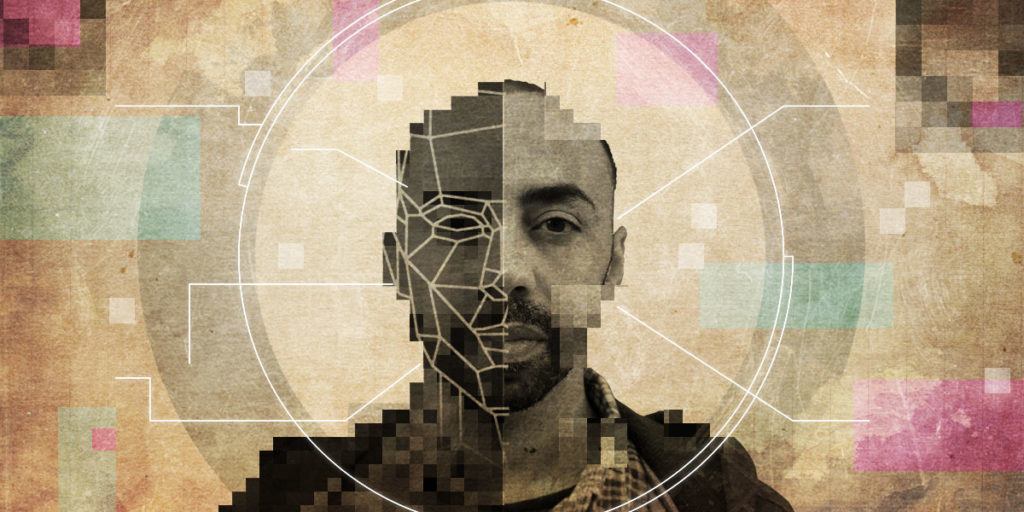by Beryl Lipton and Matthew Guariglia, Activist Post:

Federal agents are using face recognition software without training, policies, or oversight, according to the Government Accountability Office (GAO).
The government watchdog issued yet another report this month about the dangerously inadequate and nonexistent rules for how federal agencies use face recognition, underlining what we’ve already known: the government cannot be trusted with this flawed and dangerous technology.
The GAO review covered seven agencies within the Department of Homeland Security (DHS) and Department of Justice (DOJ), which together account for more than 80 percent of all federal officers and a majority of face recognition searches conducted by federal agents.
TRUTH LIVES on at https://sgtreport.tv/
Across each of the agencies, GAO found that most law enforcement officers using face recognition have no training before being given access to the powerful surveillance tool. No federal laws or regulations mandate specific face recognition training for DHS or DOJ employees, and Homeland Security Investigations (HSI) and Marshals Service were the only agencies reviewed to now require training specific to face recognition. Though each agency has their own general policies on handling personally identifiable information (PII), like facial images used for face recognition, none of the seven agencies included in the GAO review fully complied with them.
Thousands of face recognition searches have been conducted by the federal agents without training or policies. In the period GAO studied, at least 63,000 searches had happened, but this number is a known undercount. A complete count of face recognition use is not possible. The number of federal agents with access to face recognition, the number of searches conducted, and the reasons for the searches does not exist, because some systems used by the Federal Bureau of Investigation (FBI) and Customs and Border Protection (CBP) don’t track these numbers.
Our faces are unique and mostly permanent — people don’t usually just get a new one— and face recognition technology, particularly when used by law enforcement and government, puts into jeopardy many of our important rights. Privacy, free expression, information security, and social justice are all at risk. The technology facilitates covert mass surveillance of the places we frequent and the people we know. It can be used to make judgments about how we feel and behave. Mass adoption of face recognition means being able to track people automatically as they go about their day visiting doctors, lawyers, houses of worship, as well as friends and family. It also means that law enforcement could, for example, fly a drone over a protest against police violence and walk away with a list of everyone in attendance. Either instance would create a chilling effect wherein people would be hesitant to attend protests or visit certain friends or romantic partners knowing there would be a permanent record of it.




